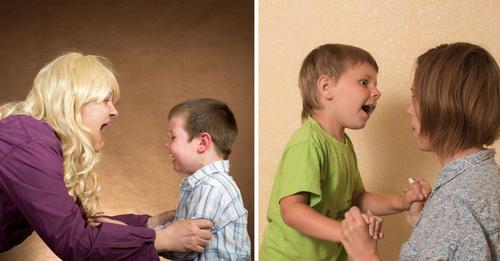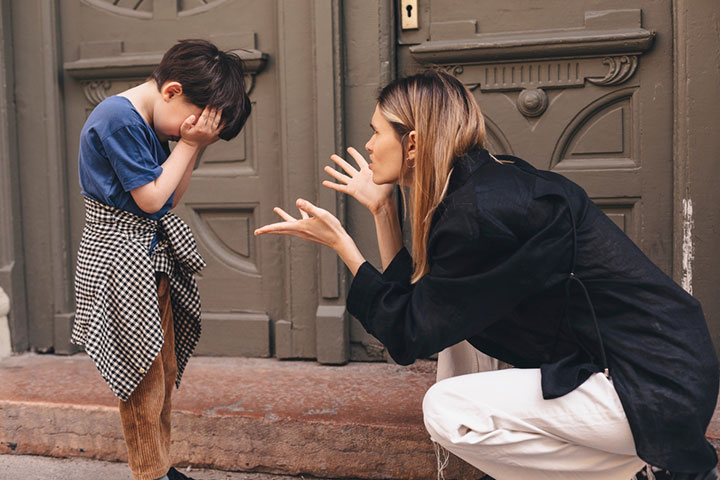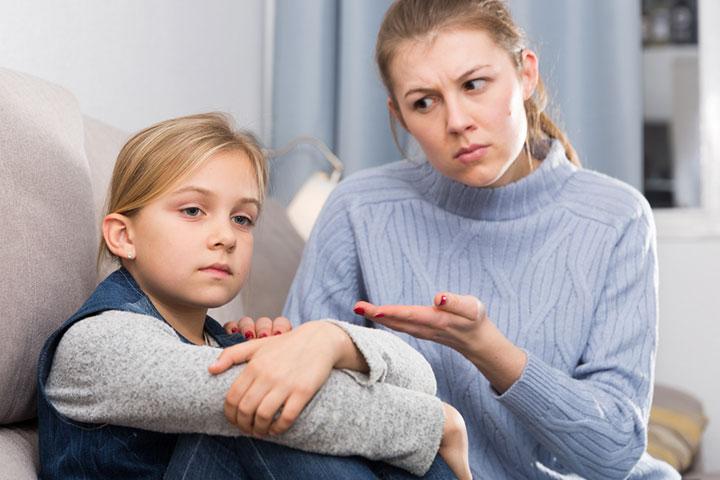
Kids can be a pain for parents to deal with from time to time and it gets pretty challenging to hold back and stop them from yelling at them. But many would argue that yelling is better than physically punishing them. However, yelling at your kids may seem like a quick and easy way to get them to obey, but it is not worth doing.
Read along to find out how yelling can also have certain psychological effects on your kids and alternative ways to teach them how to behave properly.
How Does Yelling Affect Your Kids?
Parents yelling at their children can harm them. It can lead to feelings of fear, anxiety, and even depression in some cases. Kids may start to feel like they are not loved or valued by their parents when they are yelled at and it can cause lasting damage to the parent-child relationship.
When parents yell at their kids, it sends a message that the child has done something wrong or is terrible. This kind of negative reinforcement often leads children to believe that mistakes cannot be corrected without punishment which sets an unhealthy pattern for future interactions with authority figures such as teachers or employers.
Additionally, when kids experience this type of behavior from those closest to them such as family members, it causes them emotional distress, which could lead to more serious mental health issues later on in life if left unchecked and unresolved over time.
Why Isn’t Yelling Anywhere Around Communication?
Yelling might look serious and direct but it is in no way close to healthy communication. It is not an effective way to communicate with children and can have lasting negative effects on their development.
Yelling creates a hostile environment that is damaging to both the parent-child relationship as well as the child’s self-esteem. Kids who are yelled at often feel like they are being attacked or criticized personally instead of just having their behavior corrected. This leads them to develop anxiety towards authority figures and even people in general.
Furthermore, research shows that yelling has no positive effect on disciplining children. Rather than improving behavior it only serves as an outlet for adult frustration without actually addressing the issue itself.
How Yelling Can Backfire Before Time?
Yelling at your kids will not get them to obey you, it will only make matters worse. Yelling is a sign of aggression and creates an environment of fear in the home. When a parent yells at their child, it sends the message that violence is acceptable behavior which can have long-term consequences on their development into adulthood. Kids learn from observing adults’ reactions so if they see yelling as an accepted form of communication then that’s what they’ll use when communicating with others or expressing themselves later on in life
How To Discipline Your Kids Without Yelling?
Yelling at kids isn’t about “letting them off easy,” it is about teaching them how to self-regulate and be responsible for their behavior. Yelling may get a child to stop what they are doing at the moment, but it doesn’t teach them anything other than to fear authority. It can also erode trust between parent and child which can have long-term effects on the relationship.
A better approach is for parents to take a step back from the situation and think through an appropriate response that will help guide their children toward making better decisions in future situations. Taking some time out before responding gives parents more control over their emotions so they don’t react with anger or frustration when things go wrong. This helps children learn how to manage themselves as well as build trust with parents by knowing that even if something goes wrong, mom or dad won’t just yell at them without considering all sides of the issue first.
Should You Give Up Yelling On Kids Entirely?
Yelling at kids is a controversial topic, but there are certain situations in which it can be an appropriate response. So when used correctly and sparingly, it can help children learn important lessons about respect for authority figures and accountability for their actions.
When a child’s behavior poses an immediate danger to themselves or others, such as running into traffic or throwing dangerous objects, then raising your voice may be necessary to get their attention quickly enough so that you can stop them before something bad happens. However, this kind of “emergency yell” should not become a habit.
In addition to emergency yells, there may also be times when you need to raise your voice as part of teaching discipline and responsibility. If they have broken one of your household rules after being warned multiple times already it should always come with consequences such as taking away privileges or assigning chores. This helps teach children that breaking rules has real-world consequences rather than just getting yelled at by mom or dad every once in a while.
While some people might argue that occasionally raising one’s voice is necessary to get through certain situations with kids, there are several other ways to direct your energy to help your kids understand discipline properly. Do let us in the comment section below, what’d do when you found your little ones creating havoc all around the house.





